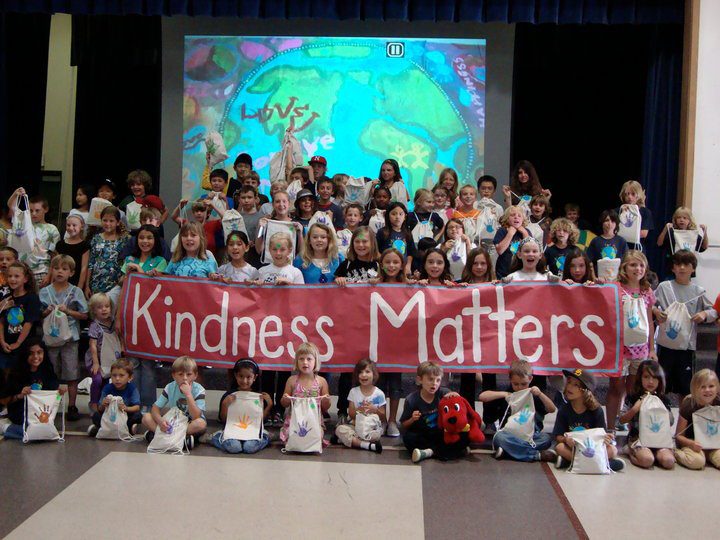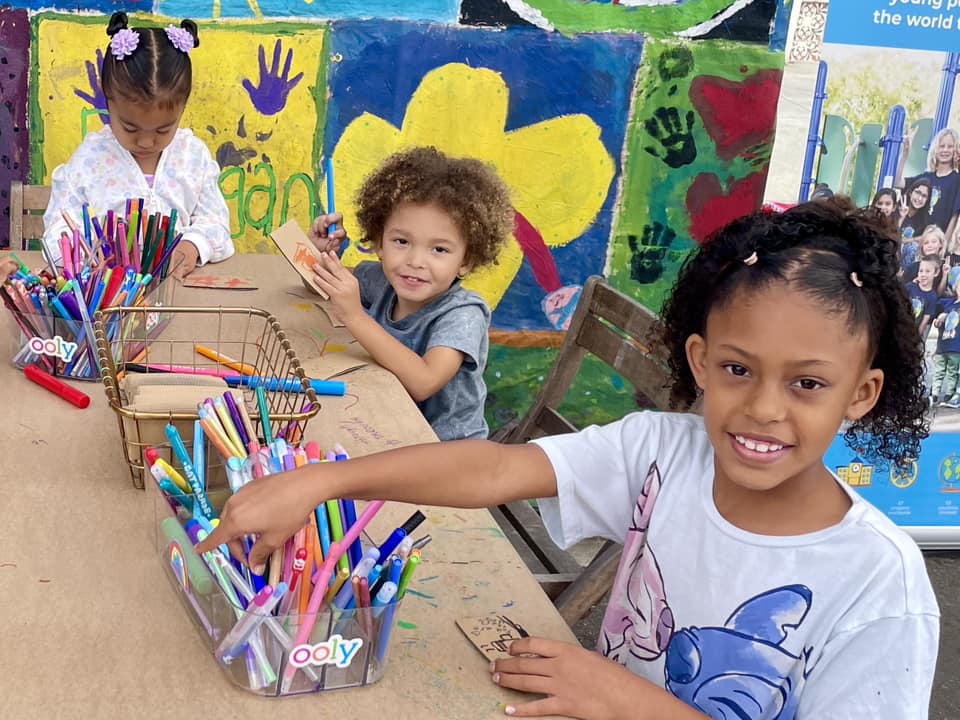The idea of pen pals has been around for generations. In the past, people exchanged letters using snail mail, either with those who lived in other parts of their cities, other states, across the nation, or even around the world. Pen pals sometimes exchanged small gifts, trinkets and newspaper clippings from their hometowns, and postage stamps on the envelopes provided other prizes to treasure.
In the process, the “pals” learned about those who lived in other areas, and the culture and ideas that were unique to them. When writing their letters, they practiced grammar skills, spelling and vocabulary, and boosted cognitive abilities, while having fun, positive and educational experiences – and uplifting one another’s self-esteem.

AutismOklahoma’s pen pal project emerged during the height of the COVID-19 pandemic, when much-needed scheduled structure was disrupted. The nonprofit’s program remains popular and is directed towards children with autism, their siblings and their parents, as well as adults with autism.
“Autism can be isolating,” says Stacey Weddington, AutismOklahoma’s community impact director. “People with autism thrive on structure and the support that is built into their day at school, job, or wherever that may be. Everything on the schedule was removed during COVID. So, we developed our BLAST program – Building Life Along The Spectrum Together – which is our pen pal program. This became a way to keep people engaged with other people. We replaced schedules with connecting to others, to reduce the feeling of isolation.”
AutismOklahoma is one of Life.Church’s (LC) mission partners. Pen pal program participants complete a questionnaire that provides information about their favorite topics of conversation, general interests and more. Then LC members sign up for their pen pal based on those common interests.
“LC vets all of their volunteer leaders, and all LC pen pals sign AutismOklahoma’s volunteer release and codes of conduct,” says Weddington.
Their program has forged relationships, introduced people to AutismOklahoma, and helped them engage with monthly programs that benefit the autism community. For information and to sign up, those interested may go to autismoklahoma.org.

The Peaceful Pen Pals Project has launched over 400 chapters in over 25 countries. The one-on-one pen pals project connects youth with matches that are close in age and in gender, and the nonprofit’s class-to-class option connects student classrooms to each other.
According to their website, kidsforpeaceglobal.org, “we are building a global community of kind, compassionate and empowered young people who are uplifting the world through love and action. Our vision is a safe and peaceful world where all people respect and care for each other and our planet. Kids for Peace serves as a model and inspiration for creating this reality with children leading the way, not only for today, but for generations to come.”
Pen Pal Safety

Pen pal relationships may be a bit different these days due to internet communication and other high-tech complications. But pen pal organizations often exist to allow the pen pal experience, but with guidelines and boundaries that address the array of safety issues. If you don’t want to go the ‘stranger’ route, possible good options for finding pen pals include extended family or friends who live out of state, or connecting children to pen pals through teachers.
Due to the internet and complicated ‘stranger danger’ issues, pen pal safety precautions are more serious than they were for previous generations. There are risks to consider, and responsible adults should be proactive to keep minors safe. The following are a few suggestions:
• Parents, teachers or other adults in charge should monitor all pen pal communications. All unacceptable messages should immediately be given to an adult. Additionally, pen pals should never arrange to meet one another barring unique circumstances.
• Before beginning, research the pen pal to ensure the person is who he or she claims to be. This may mean checking social media accounts, searching for someone’s information online, or asking for references from the pen pal club or organization. A club or organization may be a good way to create a legitimate pen pal experience to begin with.
• Establish rules for pen pal communication. This may include how often and what type of communications are exchanged, as well as what information will be exchanged. Examples of information not to share may include one’s full name, address, phone number, information about family and friends, computer and internet passwords, and school information. Youth should fully understand what constitutes personal information, and the safety issues involved. Establishing a P.O. Box, creating a pseudonym or only revealing your first name are excellent ways to avoid oversharing.
• Pen pals should never respond to any messages that make them uncomfortable.
• Be cautious of pen pals who are significantly older.
• It’s unwise to exchange any personal or family photographs.























